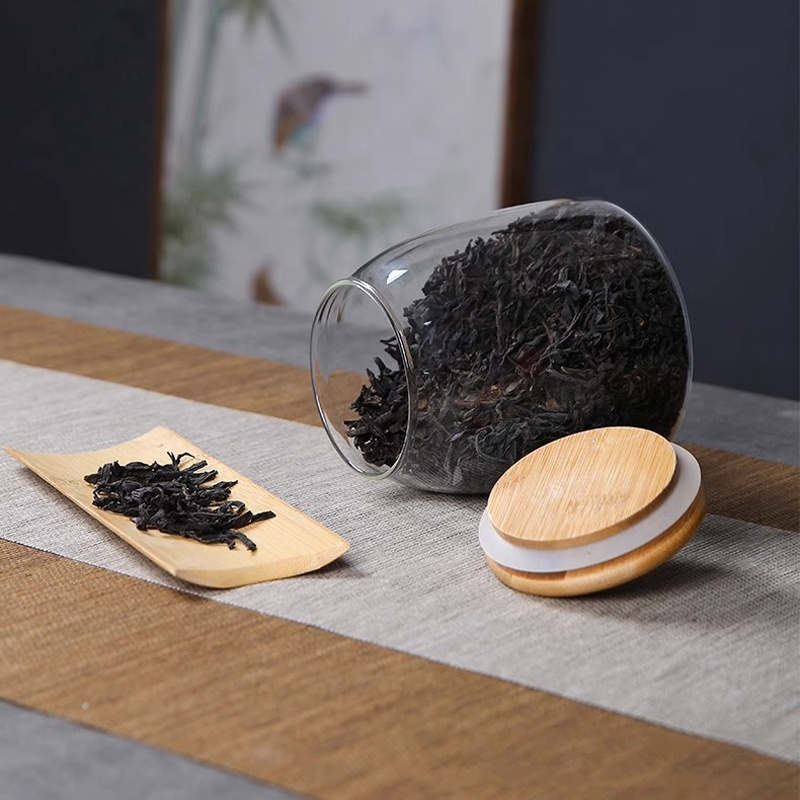Glass bottles are ubiquitous in our modern world, used to package a wide range of products from food and beverages to pharmaceuticals and cosmetics. Their unique properties make them an ideal choice for a variety of applications, offering a combination of durability, transparency, and inertness.
In this comprehensive blog, we will delve into the fascinating world of glass bottles, exploring their history, manufacturing process, types, uses, and environmental impact.
The History of Glass Bottles
The history of glass bottle can be traced back to ancient times, with evidence of their use dating back to the Phoenicians around 1500 BC. These early bottles were made from blown glass and were used to store and transport precious liquids such as oils and perfumes.
During the Roman Empire, glass bottle became more common and were used for a variety of purposes, including storing wine, olive oil, and other liquids. Roman glassmakers developed advanced techniques for blowing and molding glass, allowing them to create bottles of various shapes and sizes.
The Manufacturing Process of Glass Bottles
Modern glass bottle are typically made using a process called blow molding. This process involves melting raw materials such as silica sand, soda ash, and limestone in a furnace at temperatures exceeding 1500 degrees Celsius.
The molten glass is then fed into a blow molding machine, where it is blown into a mold to create the desired shape. The bottle is then annealed, a process of controlled cooling that helps to relieve internal stresses and increase its strength.
Types of Glass Bottles
There are many different types of glass bottle, each designed for a specific purpose. Some of the most common types include:
- Clear glass bottle: These bottles are made from pure silica glass and are highly transparent, making them ideal for showcasing the contents.
- Colored glass bottle: These bottles are made by adding metal oxides to the molten glass, resulting in a variety of colors. Colored glass bottle are often used to protect light-sensitive products or to create a specific aesthetic appeal.
- Amber glass bottle: These bottles are made from glass that has been treated with sulfur compounds, giving them a characteristic amber color. Amber glass bottle are commonly used to store pharmaceuticals and other products that are sensitive to light.
- Green glass bottle: These bottles are made from recycled glass and have a distinctive green color. Green glass bottle are often used for packaging beer, wine, and other beverages.
Uses of Glass Bottles
Glass bottles are used for a wide range of applications, including:
- Food and beverage packaging: Glass bottles are commonly used to package a variety of food and beverage products, including juices, soft drinks, beer, wine, and spirits.
- Pharmaceutical packaging: Glass bottle are used to package pharmaceuticals, such as tablets, capsules, and liquids, due to their inertness and ability to protect the contents from contamination.
- Cosmetic packaging: Glass bottles are used to package cosmetics, such as perfumes, lotions, and creams, due to their ability to preserve the integrity of the product and create a luxurious aesthetic appeal.
- Chemical packaging: Glass bottles are used to package chemicals, such as acids, bases, and solvents, due to their resistance to corrosion and ability to withstand high temperatures.
Environmental Impact of Glass Bottles
Glass bottles are generally considered to be an environmentally friendly packaging option due to their durability and recyclability. Glass can be recycled multiple times without losing its quality, making it a sustainable choice.
However, the manufacturing of glass bottles can be energy-intensive and can contribute to greenhouse gas emissions. Additionally, the transportation of glass bottles can be more energy-intensive compared to other packaging materials.
Conclusion
Glass bottles are a versatile and enduring material that has been used for centuries to package a wide range of products. Their unique properties, including durability, transparency, and inertness, make them an ideal choice for many applications.
While the manufacturing of glass bottles can have some environmental impact, their recyclability and durability make them a more sustainable option compared to many other packaging materials. As we continue to explore innovative and sustainable packaging solutions, glass bottles are likely to remain a popular choice for many years to come.

Landy is established in 2007. we engaged in the research development and sale of wooden products. Our main products: wooden box, wooden tray, wooden decoration,wooden shelf, wooden pet products ,wood photo frame and so on. Different machines are equipped with in our factory to meet different orders’ requirements.
Get a quote or OEM service, Please contact us: WhatsApp And Phone: +8615166867527 or Email: crystal@ytlandy.com
